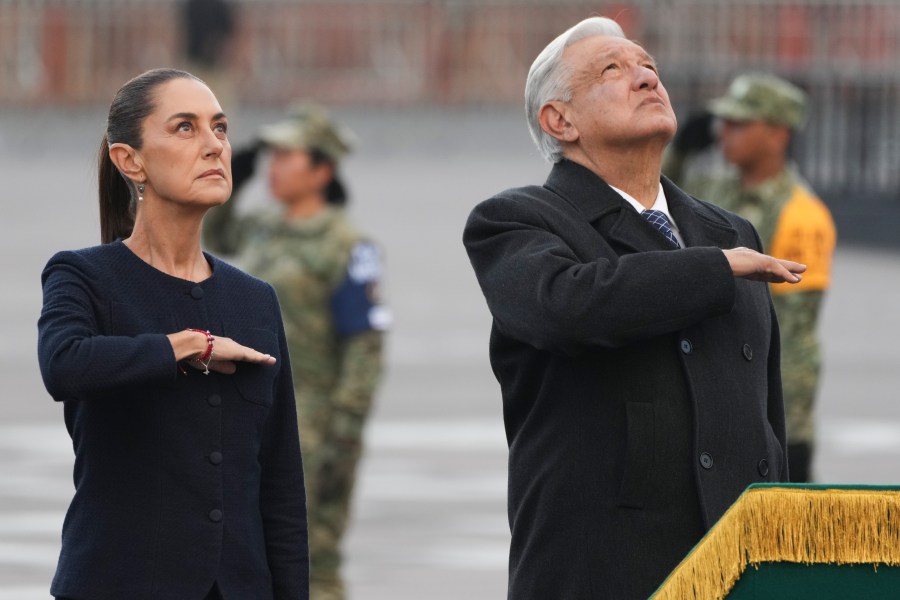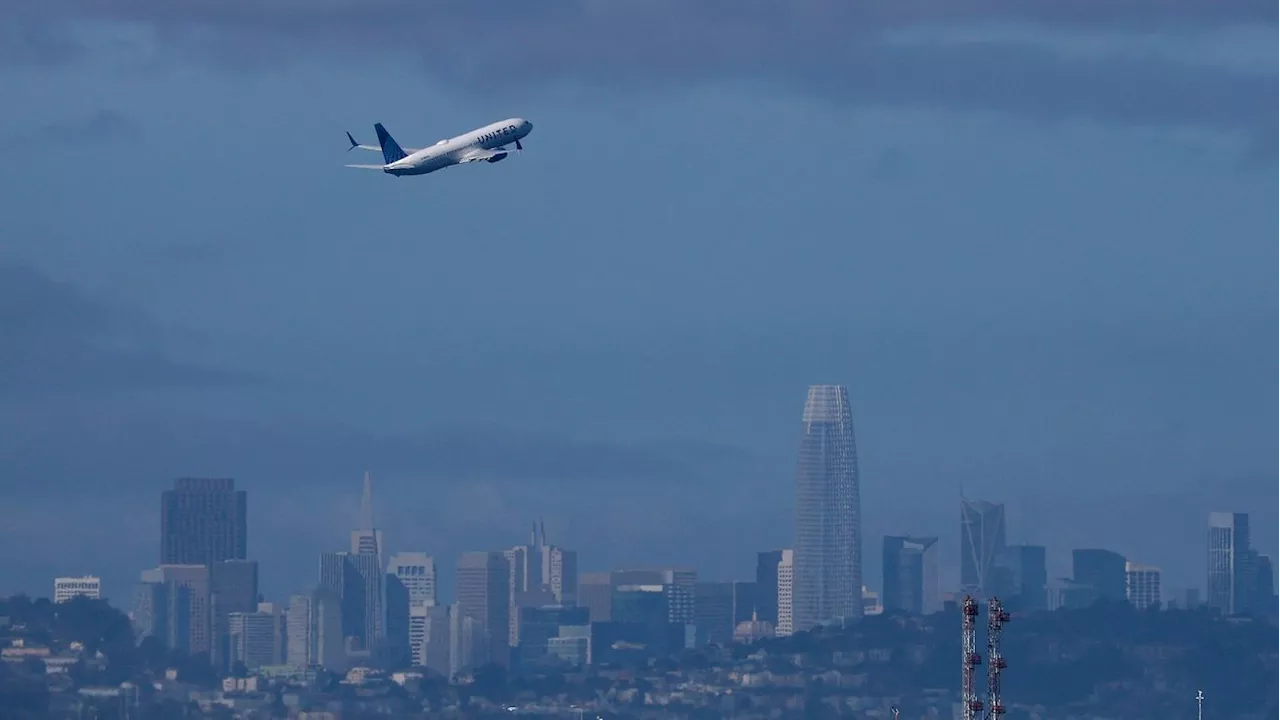
MEXICO CITY — Mexico’s first elected Supreme Court will officially begin its term on Monday, marking a significant moment in the country’s judicial history. Observers are closely monitoring whether this new court will maintain its independence from the ruling party, particularly the government of President Andrés Manuel López Obrador, which initiated the judicial elections. Of the nine justices, only three have prior experience on the high court, while the newly appointed president of the court, Hugo Aguilar, brings a background in advocating for Indigenous rights.
The concept of judicial elections was championed by López Obrador, who has had contentious relationships with judges who often challenged his policies. He argues that electing judges will enhance accountability and reduce corruption. Critics, however, contend that this process risks politicizing the judiciary. Instances of voting pamphlets highlighting candidates aligned with the governing party were reported, raising concerns about the integrity of the election process. Voters faced a daunting task, with over 7,700 candidates vying for more than 2,600 judicial positions.
The Supreme Court will play a pivotal role, especially as it has previously served as a counterbalance to López Obrador’s administration, which dominates both chambers of Congress. Juanita Goebertus, Americas Director for Human Rights Watch, emphasized, “If the court wants to ensure its independence, it cannot rule in a partisan manner simply to support the government’s position. It must base its positions on law.”
The court has a backlog of nearly 1,400 pending cases, several of which present critical challenges that could define its legacy.
Key Issues Awaiting Judicial Review
One of the most pressing issues is the policy of mandatory pretrial detention, which has drawn significant international scrutiny. Under López Obrador’s administration, the scope of crimes warranting automatic detention has broadened, encompassing some nonviolent offenses. This practice has been criticized for potentially violating international treaties to which Mexico is a signatory. The United Nations High Commissioner for Human Rights and the Inter-American Court on Human Rights have called for the repeal of this policy, arguing that it infringes on individual rights. Critics highlight that only one in five individuals charged in Mexico face conviction, with approximately 40% of the prison population in 2023 yet to be convicted.
The previous Supreme Court chose not to address this contentious policy in its final days, leaving it to the new justices to determine its fate.
Another significant matter on the court’s docket is abortion access. The outgoing court made landmark decisions in 2021 and 2023 to broaden access to abortion, yet challenges persist in states where abortion remains criminalized. The 2023 ruling invalidated federal criminal penalties, citing violations of women’s human rights, but did not extend to state laws, necessitating changes at the state level. Ana Cárdenas, director of justice projects in Mexico for the World Justice Project, remarked on the uncertainty surrounding the new court’s stance on these issues.
Transgender rights represent another area of potential judicial influence. Previous courts expanded rights for transgender individuals, allowing changes to gender markers on birth certificates without judicial intervention. In 2022, this right was extended to minors. Nonetheless, only seven of Mexico’s 32 states currently permit children to modify their identity documents, leaving many advocates concerned about the inconsistency in legal protections.
Finally, the new court will face challenges related to recent legislative changes in the mining sector. In 2023, the governing party pushed through reforms with minimal debate, reducing the maximum duration of mining concessions from 50 years to 30 years and allowing authorities to cancel concessions for inactivity within two years. These changes have prompted criticism over environmental concerns and their impact on impoverished communities surrounding mining operations.
The decisions made by the newly seated Supreme Court will have far-reaching implications for Mexico’s legal landscape and its commitment to upholding rights and justice for all citizens. As the court begins its work, its ability to maintain independence from political influence remains a critical focus of both domestic and international observers.






